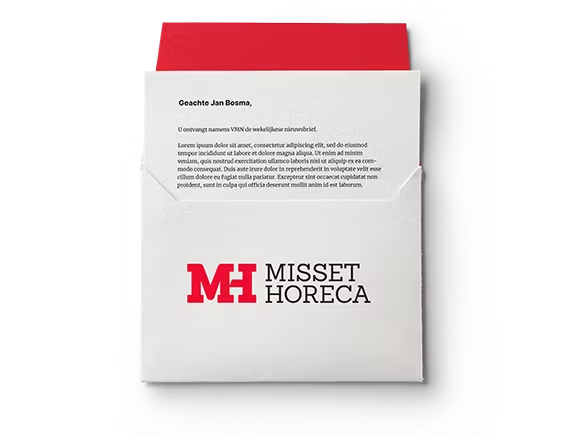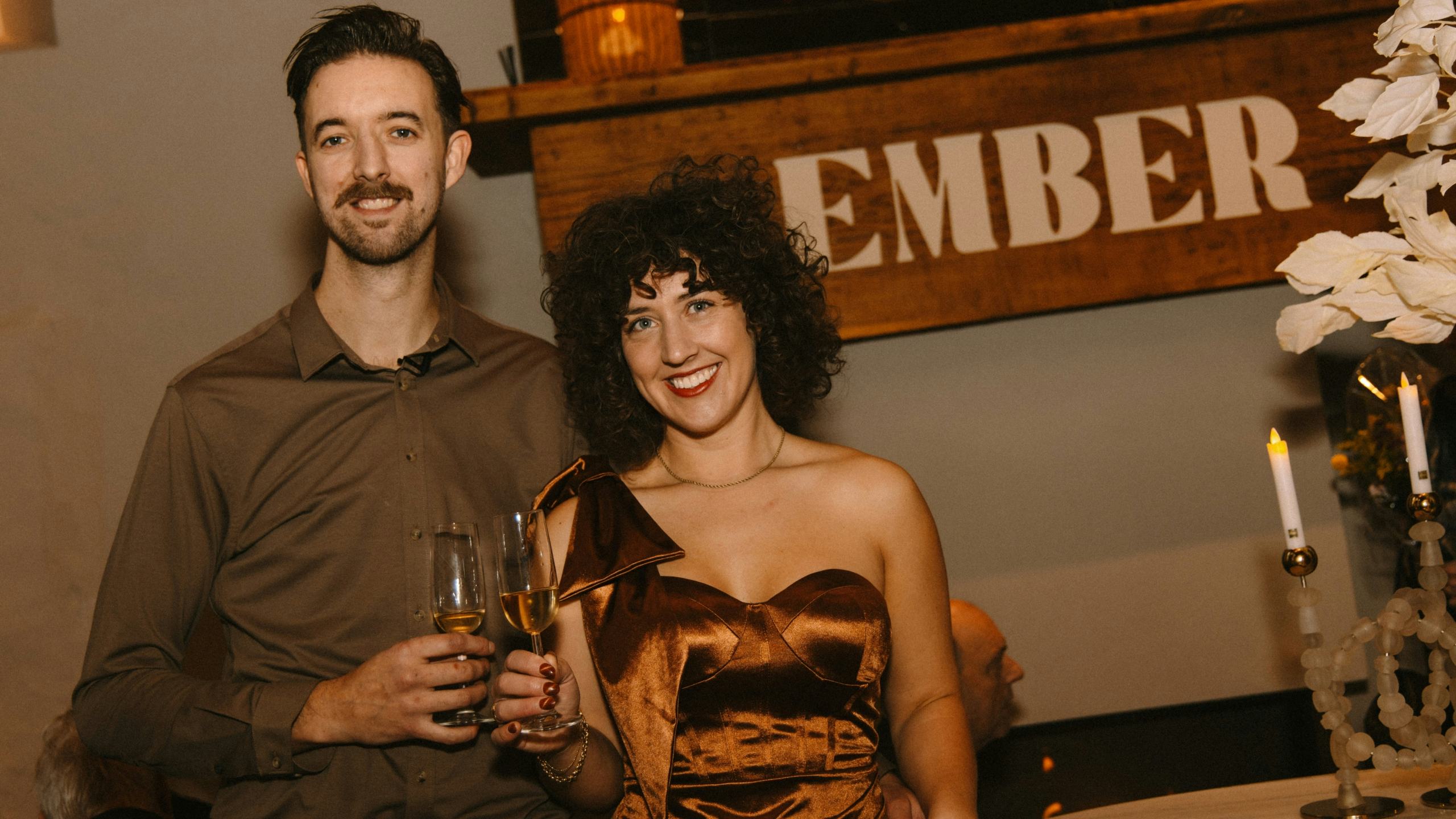More than one-third of the 70,000 healthy drinks sold in less than six months of the trial were milk or flavoured milk products. Pure fruit juices were also popular (especially apple, orange and pineapple) along with still and flavoured waters.
But schools are unlikely to match the income made from more expensive fizzy, sugary drinks, which can generate up to £15,000 profit a year in large secondary schools.Of nine schools that completed the pilot, two made a small loss, three recorded profits of £300-£520 over 10-15 weeks, while two achieved profits of £863 and £1,283 over 18 and 24 weeks, respectively.
The fact that most vending machines are designed for cans, bottles and confectionery rather than tetra packs was a big stumbling block, said Joe Harvey, director of the Health Education Trust.But he said new machines were being developed that combined the capacity of can vendors with the flexibility of carousel machines and would transform school vending over the next three to five years.









